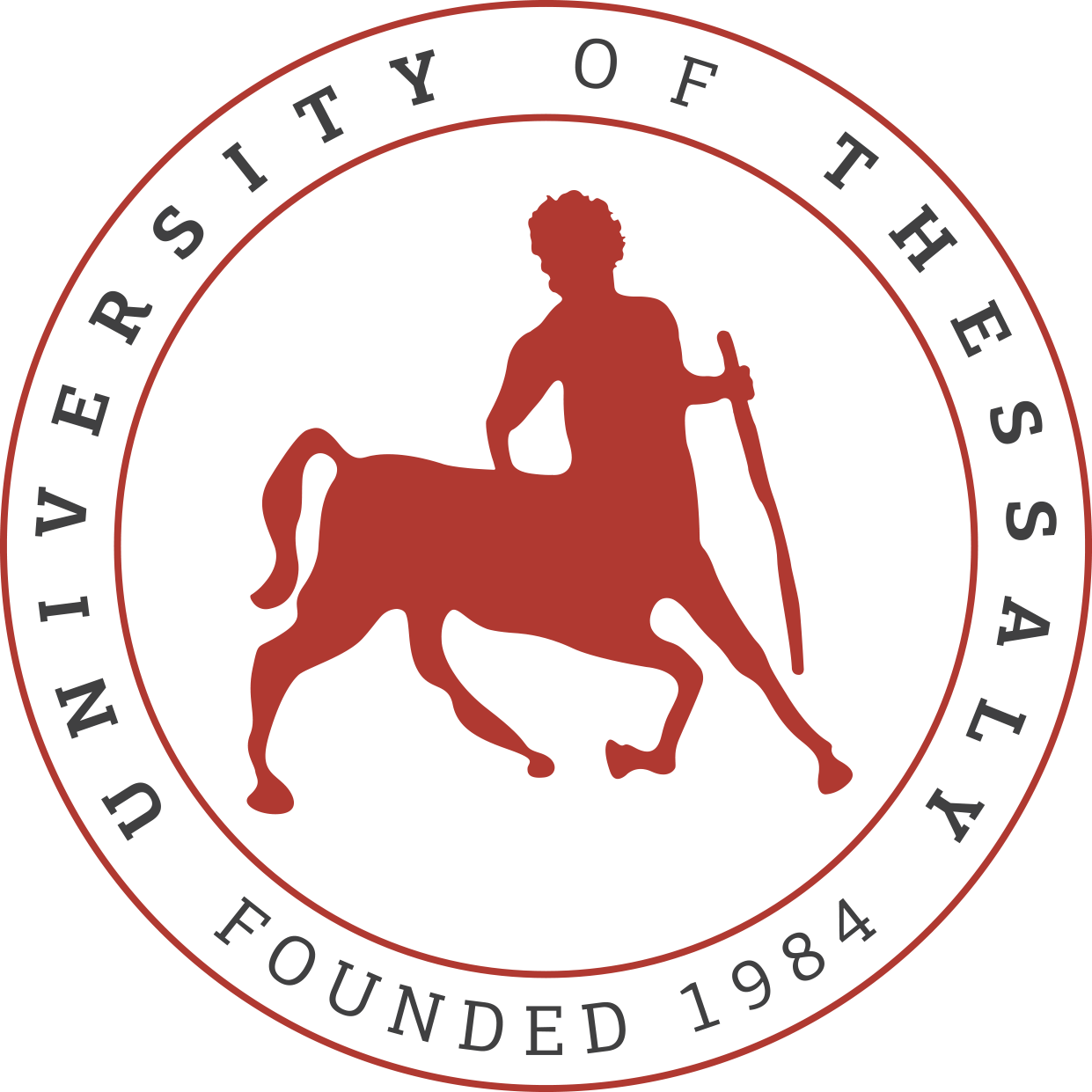Undergraduate Studies
Code of Ethical Conduct and Good Practice of the University of Thessaly
Genenal information
The Department of Agriculture, Crop Production and Rural Environment offers through the Curriculum the most updated knowledge required to guide the production and management of agricultural products in today’s internationally competitive agriculture. In particular, it covers the required knowledge to properly evaluate and manage the genetic material, apply the modern scientifically correct cultural practices (plant physiology, plant nutrition, farm mechanization, plant protection), manage the crop products, always respecting humans and the environment.
The Curriculum of the Department of Agriculture, Crop Production and Rural Environment involves five years of studies and the requirements to graduate include at least 300 ECTS units. Course work for graduation includes 55 courses (250 ECTS units), including 48 mandatory courses and 7 elective courses [the student in collaboration with the major professor (the teaching staff where his/her thesis is developed) choose from a list of 21 offered courses]. In addition, for graduation a two-month-long practice (20 ECTS units) and the completion of a research thesis (30 ECTS units) are required.
The satisfactory completion of Curriculum requirements concludes to degree inauguration on Agriculture, Crop Production and Rural Environment, which consists of Bachelor’s degree with integrated master of science (M.Sc.) (Greek law 496/Β’/20-2-2019) and corresponds to level 7 on the National Qualification Framework and European Qualification Framework -EQF. According to the External Evaluation Report of the Hellenic Authority for Higher Education (HΑΗΕ), the Undergraduate Study Program (Integrated Master) of the Department of Agriculture Crop Production and Rural Environment complies with the quality standards of HAHE and the standards for Quality Assurance in the European Higher Education Area (ESG 2015) for level 7 of the National and International Qualifications Framework. The accreditation is valid for four years, from 29-05-2020 to 28-05-2024.
Curriculum setup and targeted acquired knowledge
The undergraduate curriculum of the Department of Agriculture, Crop Production and Rural Environment consists of:
- Courses directly related to basic sciences to secure the foundations of the basic scientific knowledge required to follow the rest of curriculum on the science of Agriculture (Applied Mathematics & Statistics for Agricultural Sciences, General and Inorganic Chemistry, Physics and Agrometereology, General and Cell Biology, Ecology and Biodiversity, Organic Chemistry and Environmental Pollutants, Biochemistry, Molecular Biology – Biotechnology). These courses are taught during the 1st but also in the next semesters.
- Foundation courses on the wide subject of the science of Agriculture (Plant Morphology and Anatomy, Biometry and Agricultural Experimentation, Soil Science, Principles of Agricultural Economics and Management of Agricultural Holdings, Genetics, Hydraulics, Agricultural Zoology, Agronomy, Systematic Botany, Plant Physiology, Hydrology, Management of Terrestrial Ecosystems, Hydroponic Systems, Pomology, General Plant Pathology, Vegetable Production I and II, Plant Breeding, Irrigation I, General Entomology, Weed Science, Farm Mechanization, Agricultural Pharmacology, Seed Physiology-Ecology and Technology, Soil Fertility-Fertilizers-Plant Nutrition, Floriculture I, Food Technology and Processing of Agricultural Products), which are taught from the 2nd up to 7th
- Specialization courses on the wide subject of the science of Agriculture (Field Crops I, Field Crops II, Specific Pomology, Specific Aspects of Plant Pathology, Agricultural Constructions-Greenhouses, Special Plant Breeding and Seed Production of Agricultural and Horticultural Crops, Applied Entomology, General Viticulture) which are mainly offered during the 8th
- Courses for further specialization and insights to specific subjects with elective courses during the two last semesters (9th and 10th semesters), when students are able to elect the most appropriate for their interests from a wide number of elective courses (21 offered courses), ‘building’ in this way their professional profile on the specializations of the Agricultural science. Thus, besides the specialization courses offered during the 8th semester, the further specialization and scientific profile development is completed with the elective courses during the two last semesters of studies (9th and 10th semester), when the student in collaboration with his/her major professor (where he/she completes the Thesis) chooses the courses to develop its specialization in the science of Agriculture, Crop Production and Rural Environment, and in accordance with the departmental scientific sectors.
- Practice 2-month duration, during the summer months after the completion of the 6th semester of studies.
- Research thesis, which accounts for 30 ECTS units, i.e. as course burden of an academic semester. The research thesis is mandatory, personal research work, as a way to secure the deep knowledge development in the science of Agriculture and the particular specializations. The thesis has a specific personalized subject and is a complete study on a certain scientific area of Agriculture.
The targeted acquired knowledge to be developed from the curriculum of the Department of Agriculture, Crop Production and Rural Environment focuses on offering the necessary scientific knowledge and expertise to the graduates, so they are capable of
- applying, managing, and developing the knowledge and expertise for the qualitative and quantitative advancement of plant production with emphasis on the development and application of proper practices based on the integrated and sustainable production and environmental protection,
- managing and using the classic and modern methodology to develop new genetic resources and propagate plant material,
- decision making, using scientific knowledge and the new technologies available to agriculture, guiding, and organizing the farmers and their businesses to the application of good agricultural practices, to the reduction of energy and chemical inputs, to the sustainable management of natural resources, and to the safe production and quality certification of agricultural plant products, raw and processed.
- developing and applying the agricultural policies,
- training and communicating the agricultural science to stakeholders.
This perception of the curriculum structure offers to Agriculture graduates of the Department of Agriculture, Crop Production and Rural Environment, the necessary qualifications to fully support the graduates’ role as an agriculturist consultant and researcher, in a modern, competitive, and environmentally friendly crop production.



